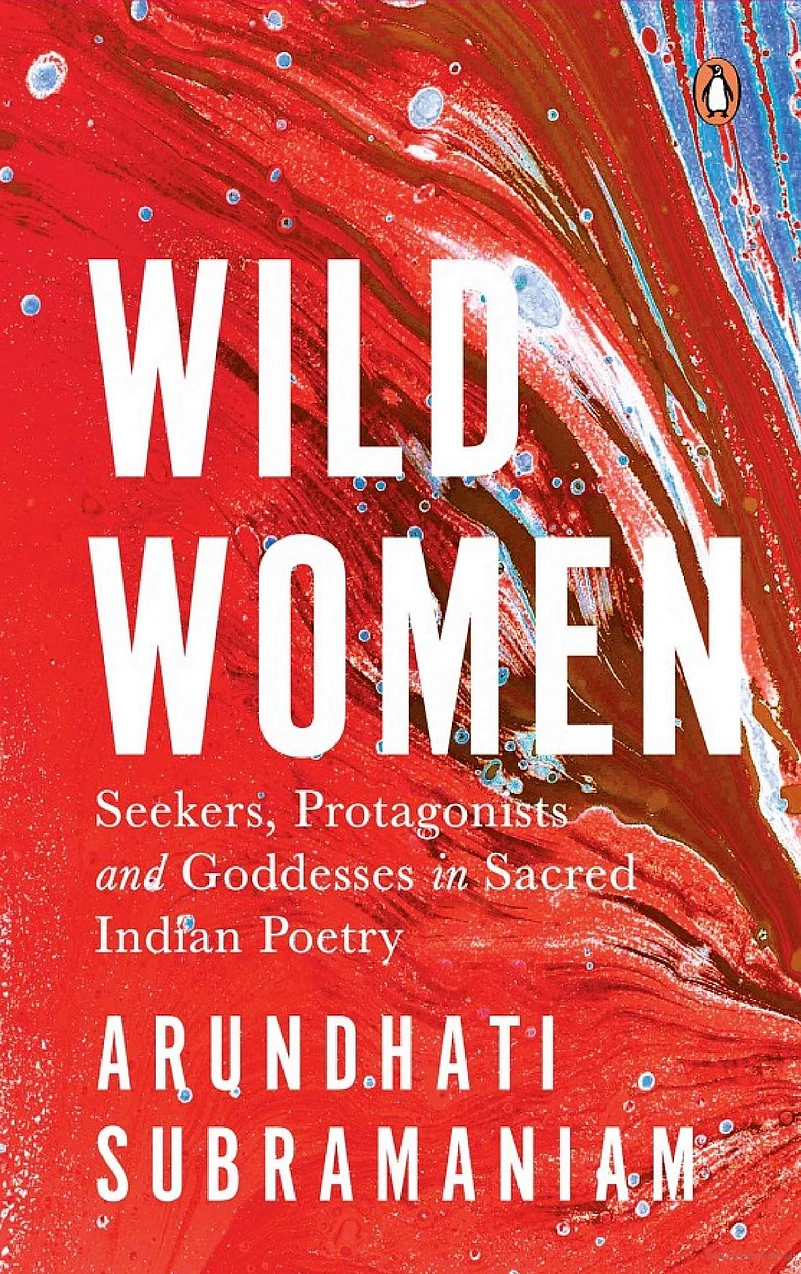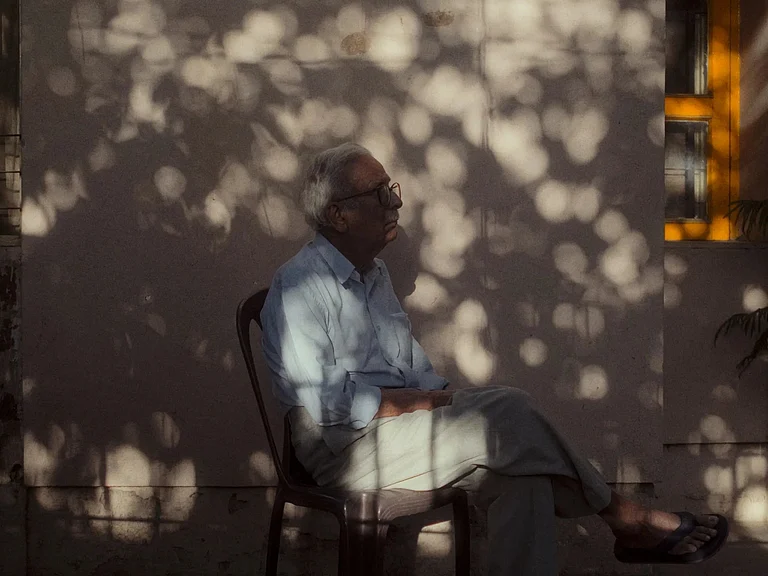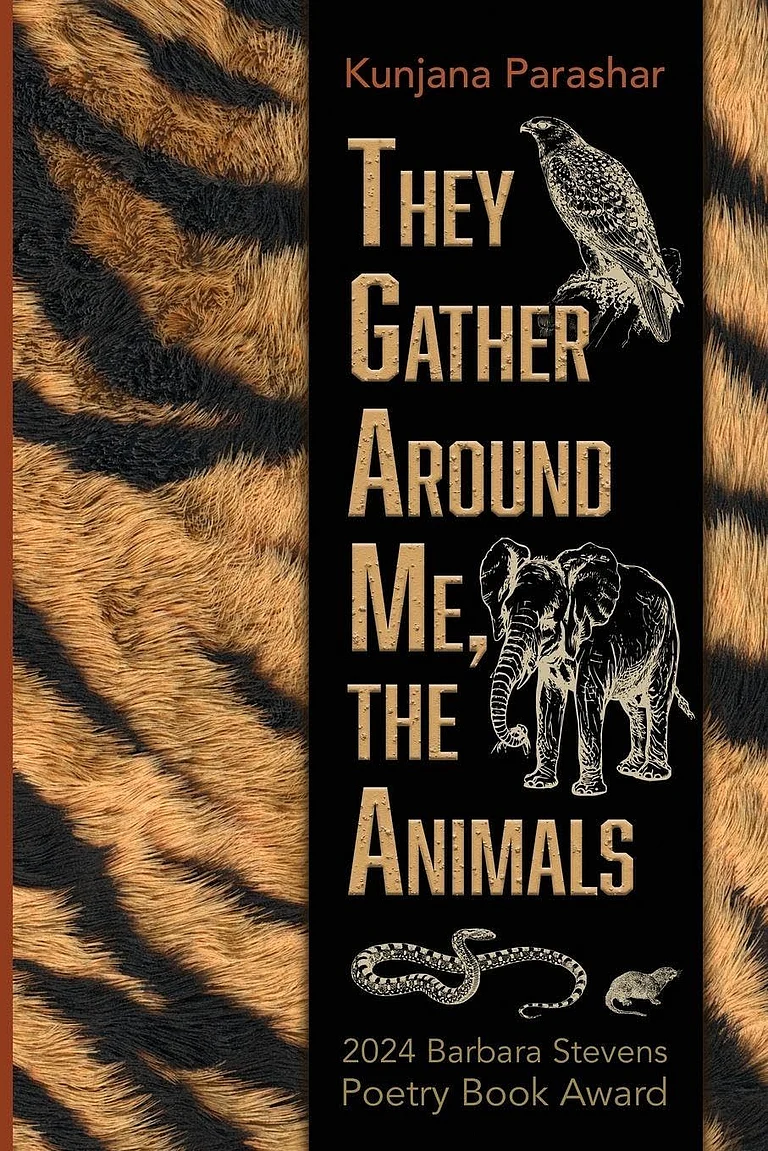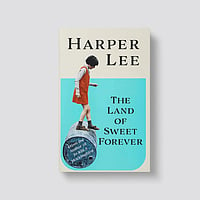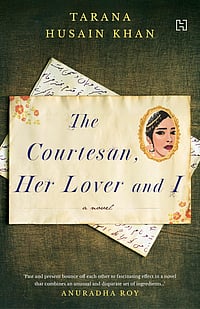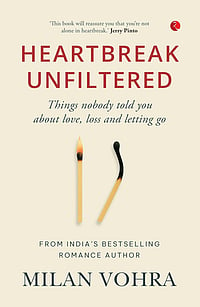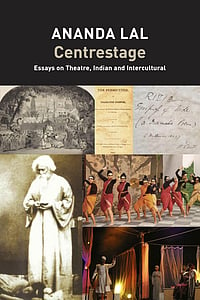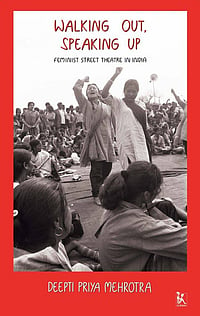Wild Women began as a collection of poems by female mystics from across the country, and later expanded to include male poets who also channelled female voices in hymns to Kirshna, exploring how this influences the tone of their work. The poems delve into the female presence within sacred spaces, encompassing women mystics, voices channelled by men, and depictions of goddesses. Featuring 56 women poets, the book does not claim to include every mystic woman poet or seeker, as gathering all their verses would be challenging.
The anthology spans Buddhist nuns, Vaishnav and Shaivic devotees, tantric adepts, Sufi poets, and those delving into tantra and Vedantaism. Many of the poems transcend form and content, written in various languages and reflecting diverse social, sectarian, and regional contexts. Subramaniam does not aspire, she writes, to create an encyclopaedia and she also confesses that tracking down all the women mystics in the country over time is an onerous task. However, a volume of 56 is praiseworthy and makes for a work that academics, those looking for solaces and lovers of poetry would welcome.
What is interesting apart from their poems is their life stories where they exist – many came from privileged backgrounds which they abandoned, notably Akka Mahadevi who shed her clothes and her husband’s palace out of devotion to Shiva, her ‘Lord white as jasmine’. There is the beautiful Kashmiri poetess Zooni, whose life is more legend than fact and there are the women who feature in the poems of male poets who celebrated them as soul seekers and goddesses. There are women who brought soul to their kidnappers and those who managed to use the status quo to their advantage in the courts where they recited their poems.
Some were successful, some were neglected but they all celebrated their inner being. Quite obviously, the later down the timeline, the more detailed their histories. Many of the earlier ones verge on oral traditions or are identified as anonymous.
For each of these women, it is imperative to assert their individual truths and convey narratives that deeply resonate with the lived experiences of the female body. Their poetry serves as a means to grapple with the inherent uncertainties of life, providing a platform to explore the intricate tapestry of existence. Through their verses, they delve into the multifaceted nature of womanhood, navigating through various dimensions of identity and spirituality. In doing so, they offer profound insights into the diverse paths of spiritual inquiry and the rich complexities of human existence. They are neither saints nor sinners though, like mystics across the world, many are sensuous.
Several of the early Buddhist nuns speak of that first moment when they experienced that inner enlightenment like Saul on the road to Damascus. ‘Like the flame’s unbinding/was the liberation/o \f awareness,’ thus Parachara. ‘Like the full moon brimming, intoxicated….’ ‘Brighter than a thousand suns….’ Are the other phrases from Tamil and Sanskrit. Though the mysticism is different, the emotion expressed is the same.
The experiences are diverse as the woman’s lives were diverse. Some were lauded for their wisdom, some lived happily with their husbands and their verses and musings reflect this diversity,
Subramaniam emphasises that the women cannot be considered victims despite the fact that many were victimised. ‘Wiser to play the fool,’ wrote Lala Degh, ‘if you get my drift’, commenting on the fact that seekers had to have a certain ingenuity to survive in a patriarchal order.
Perhaps if there is a quibbling point, it is the title ‘Wild Women’ simply because the women broke the bounds of the social order seems like a gimmick to attract a younger generation of readers familiar with terms like ‘bad ass’ and more. Not all of the poets were lost in the madness of devotion – some explored their quiet inner flame. And there are wild men too, like Ramprasad writing ‘I will rub Kali all over your face’. Devotion has different dimensions. Kali with her craziness in fact dominates the Goddess section of the book and can be described as ‘wild’- ‘Oh Wild Haired One, you tousle your hair and wander at will…’ writes Kazi Nazrul Islam.
Within the framework of most monotheistic religions, adherents often perceive themselves as mirrors reflecting the attributes of their creator. This inclination contributes to the common portrayal of God as either male or female. However, numerous mystics, who undergo profound experiences of direct communion with the divine, discern a different reality. Much akin to Ardhanarishvara, the male voices transcend the conventional binary notions of gender, aspiring instead towards a state of "oneness" or "unison" that surpasses the limitations of male and female categorizations. In their quest for spiritual enlightenment, these mystics strive to embrace a holistic understanding of existence that transcends the confines of gender duality. This is explored in Wild Women through the collection that Subramaniam has put together.
It is, in a sense, a book of discovery and surprises. Many would not have imagined the myriad ways in which the mystic feminine could be expressed. Wild or otherwise, the souls in this anthology carry their own torches to enlightenment for the reader.
Wild Women : Seekers, Protagonists and Goddesses in Sacred Indian Poetry’
Arundhati Subramaniam
Penguin
INR 999/-






